This year's AgDay theme is Innovation in Agriculture � celebrating the innovation and technology that…
Jumping junipers! The future is bright for Australian-made gin
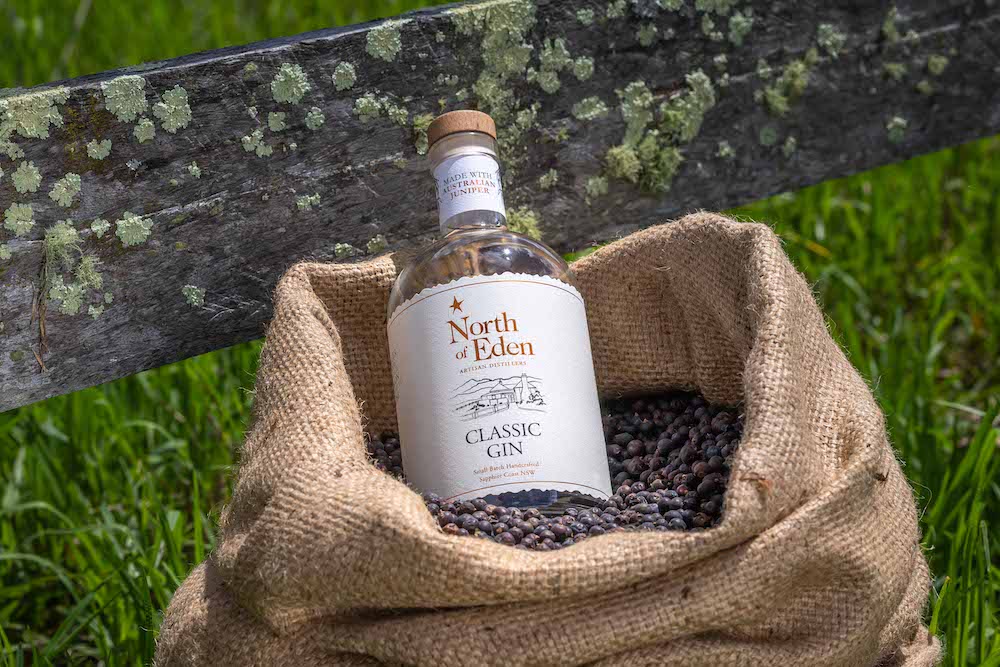
One couple�s venture into junipers looks set to lead to a new industry, and a fresh future for Australian-made gin. Photography: David Rogers.
It was Lucy Vincent�s curiosity that led her and husband Bruce Campbell into the world of juniper farming at their Bombala property, which they hope will develop into one of Australia�s viable new industries.
Around a decade ago, they returned to Lucy�s parents� cattle property Exeter � which has been in the family since 1903 � filled with new ideas and lots of enthusiasm.
�We were keen to introduce new farming techniques including regenerative practices to the 140-hectare farm, and diversify from just cattle grazing,� says Lucy, who is an agricultural scientist.
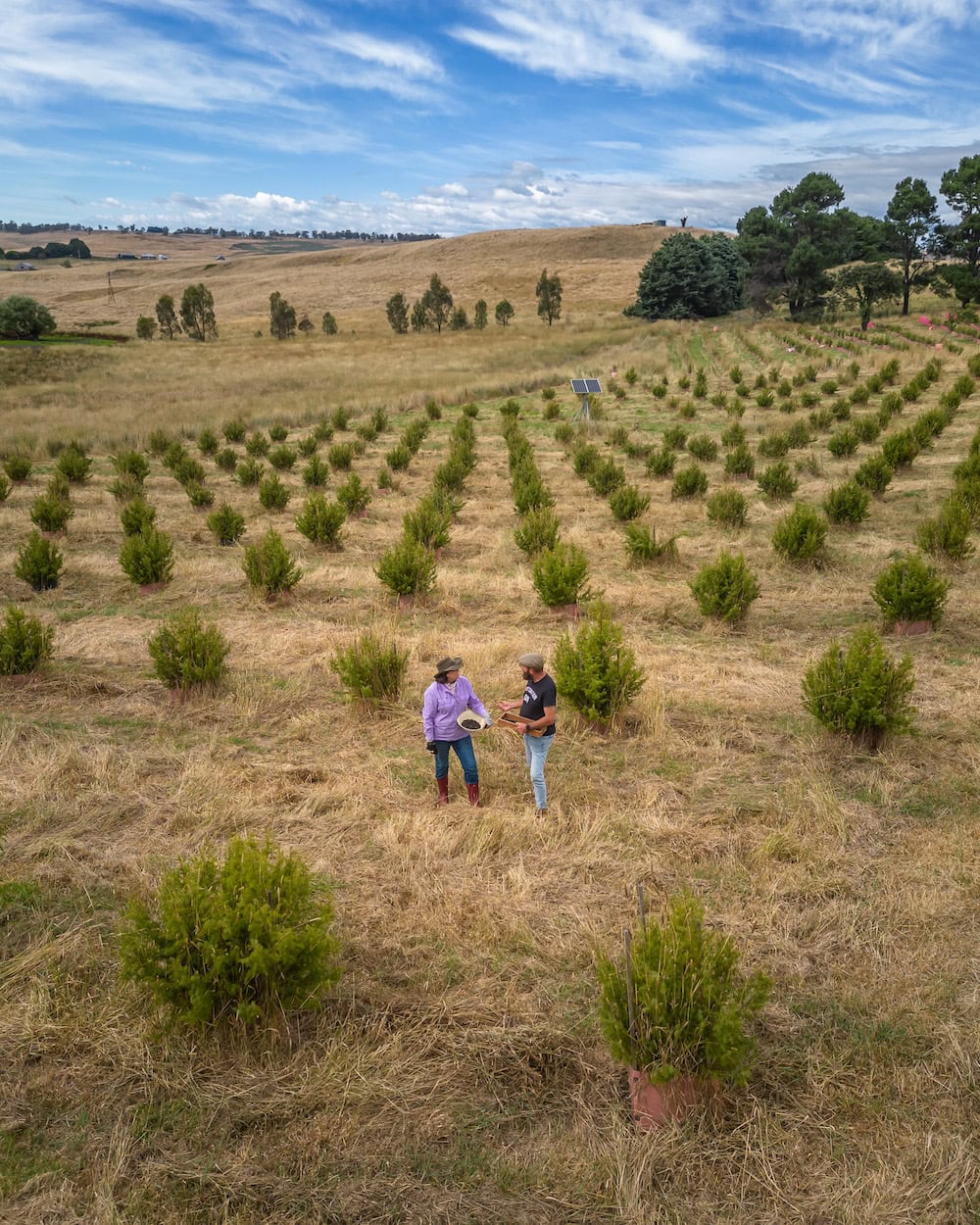
�We spent a lot of time looking at soil and water resources and researching different ideas and we started honey production as well as running about 30 Angus cattle, but we were also keen to consider other value-add crops and introduce something new to the farming operations.�
Lucy, who has always enjoyed a gin, was fascinated by the surge in Australia of gin production using various botanicals and the number of distilleries that had popped up.
�I thought a lot about gin production, and it seemed that nearly all juniper berries for Australian gin were imported. I started thinking � why doesn�t Australia grow its own juniper berries? And that was the start of our new venture back in 2016,� she says.
�People thought I was crazy at first, but the more research I did, the more I was convinced junipers should do well in our country.�
From little things, big things grow
When Lucy ordered 300 plants from a Victorian nursery in 2016, she was told that they wouldn�t be ready until 2018. But the wait didn�t deter Lucy.
�It was a very long time to wait as the nursery had to strike the plants,� she explains. �I wanted 300 to start with, and it was the biggest order they had ever had. However, I just felt we had the right conditions here in the NSW Snowy Monaro region for juniper to thrive,� she says.
The more research Lucy did, the more fascinated she became, and the more convinced she was that the plants would do well on their property.
�To start with, they love the cold, as well as hot and dry summers. They also don�t like a lot of water, so they suited the conditions we experience at Bombala,� she says.
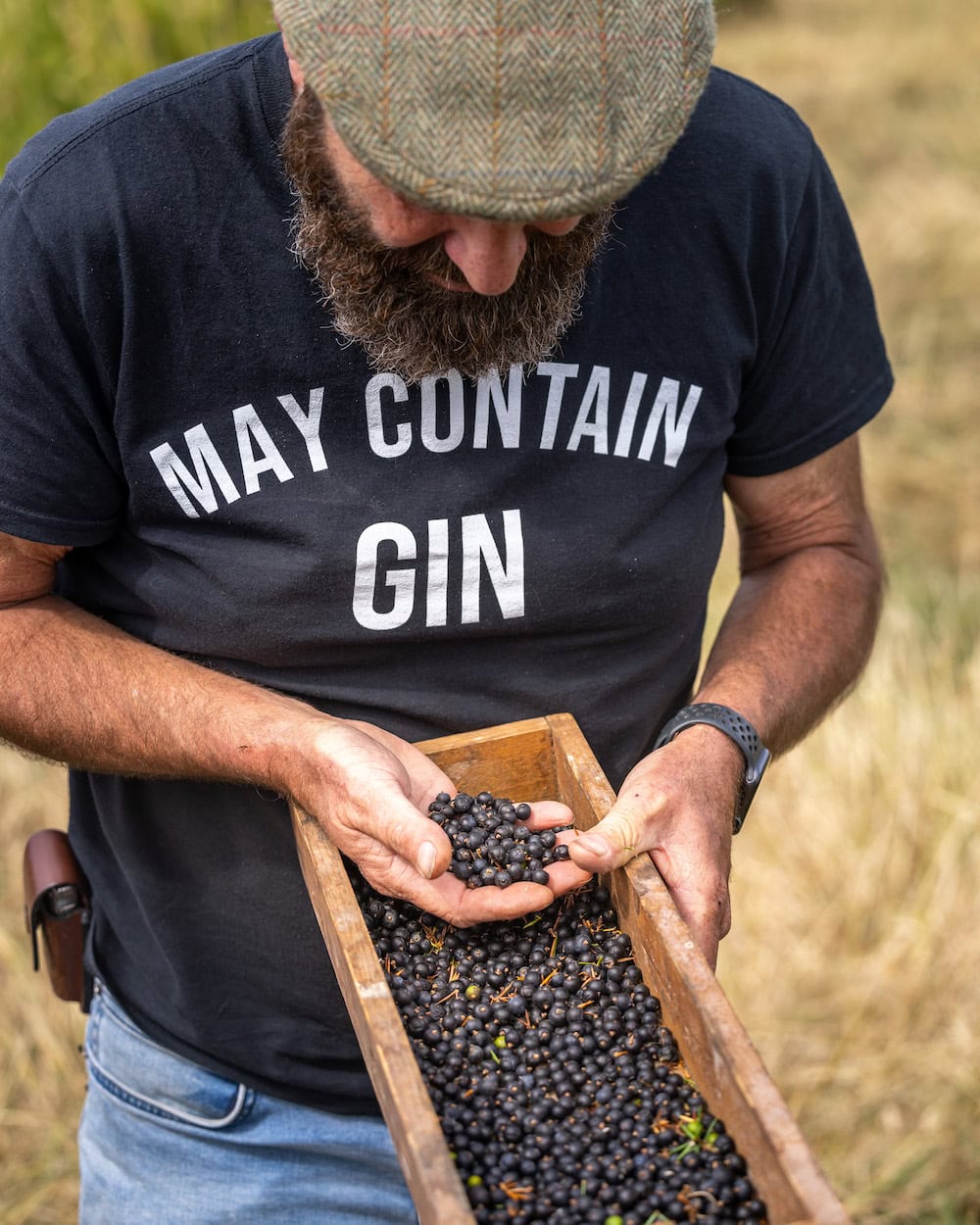
Alliances and partnerships
The juniper plant produces dark purplish berries that grow on a small shrub that have a woody, pine-like aroma and a refreshing, spicy flavour. The juniper berry is the female seed cone of the juniper tree.
The species Juniperus communis is found growing in different areas across Europe, Asia, and North America and the hilly parts of northern India and most of the juniper berries for Australian gin are from Macedonia, Italy, Romania and Bulgaria.
Lucy was pleased to discover there were others growing small amounts of junipers in Australia and contacted them to form a grower�s group.
�There�s such little information about juniper in Australia, so I thought it would be useful if we formed a group and shared our experiences,� she says. �It is very much a trial-and-error case for us, and we have welcomed information from other growers.�
She also contacted Australian gin distillers to gauge their interest in using home grown juniper and received lots of encouragement, but many required large quantities.
�Most said they were curious and excited to think there could be an emerging Australian grown juniper berries, so that was encouraging,� she says.
But it was Gavin Hughes and Karen Touchie from North of Eden Distillery near Bega, that formed a milestone partnership with Lucy and Bruce, foreshadowing a change in the production of Australian gin.
Gavin and Karen moved to their Bega Valley property in 2018 and began their successful distilling venture.
The multi-award-winning distillery on the Sapphire Coast of NSW, will transition its entire gin range to the locally grown Australian juniper grown less than 100 kilometres from the distillery.
Gavin, who is also the head distiller, says he is excited about the partnership and pleased the locally grown juniper will help the distillery reduce its carbon footprint, which is just one of the benefits of having a domestic juniper industry.
�Juniper is the single most important ingredient in gin, but unfortunately most juniper in Australian gins has to be flown in from Eastern Europe, which generates a massive carbon footprint,� Gavin says.
�To grow well, juniper requires a combination of altitude, cold winters, and hot summers, which has to date limited the growth of an Australian juniper industry.
�To be able to source juniper from just up the road is a key initiative in reducing the distillery�s carbon footprint. We already make our Classic gin using Lucy�s juniper, but the plan is to move all our other gins to this more sustainable footing over the next 12 months.�
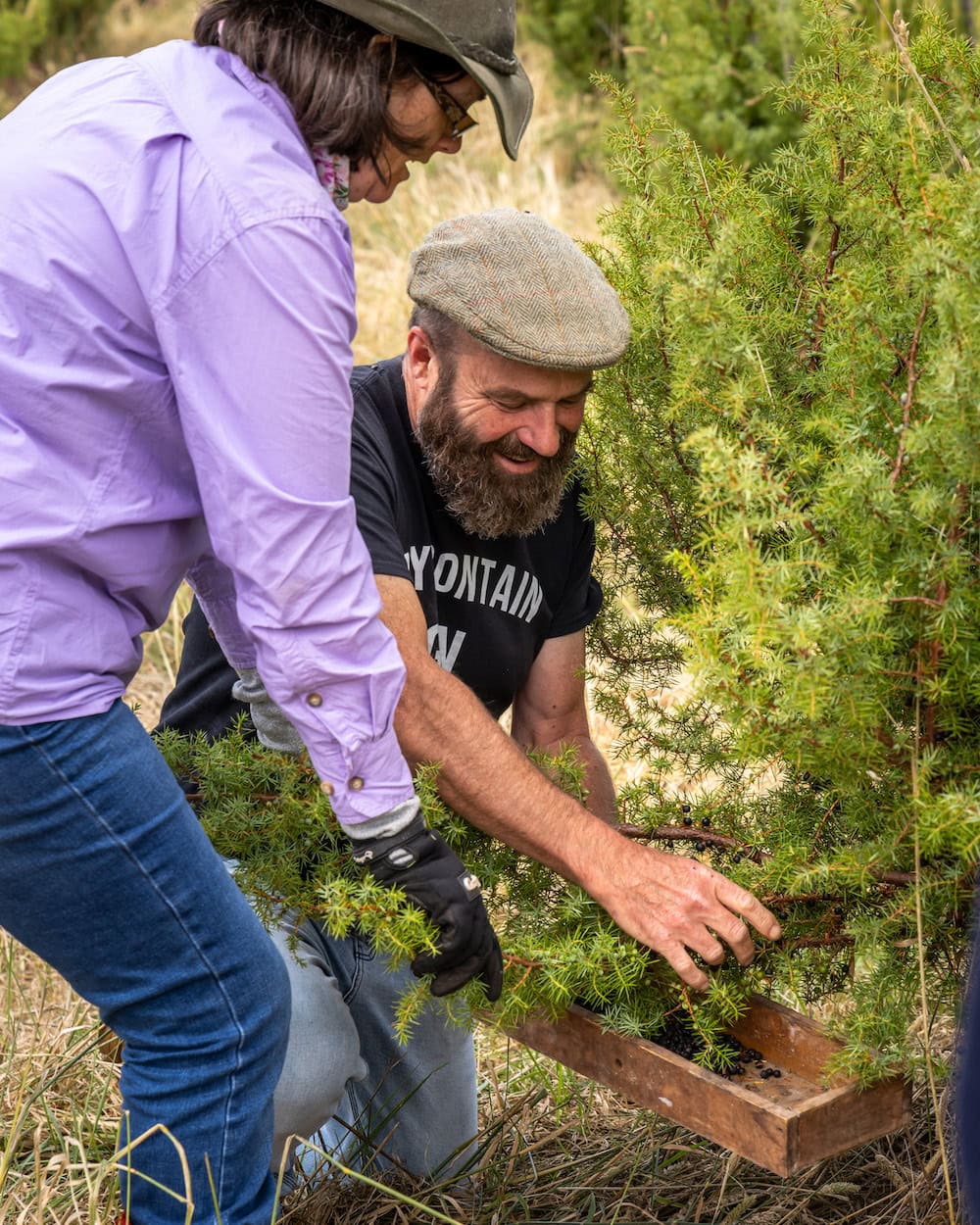
Lucy now has more than 600 juniper plants and plans to increase production.
�They are individually sexed wind pollinators, and we plant a ratio of 10 females to one male,� she says. �They are extremely slow growing, so you don�t get a good commercial harvest until the plants are nine or 10 years old. However, we got a good harvest this year and next year is looking even better.�
Once harvested, the fresh juniper is processed and dried at the North of Eden Distillery, before being used to make gin.
Gavin adds, �We knew we needed to dehydrate the juniper before using it in the gin, so I came up with a design, built a couple of dehydrators, and slowly dried the juniper over a period of 12 weeks.�
The results of this �Farm-to-Glass� partnership looks incredibly promising, with initial laboratory testing at the University of Tasmania indicating that Lucy and Bruce�s juniper is on par with overseas samples in terms of oil content and composition.
As for the all-important taste test, Gavin says, �Their juniper tastes better than the stuff we were importing. Our gin tasted incredible before, but now we�re using local juniper it tastes even better.�
Both couples share the curiosity and passion needed to support an emerging juniper industry.
While Lucy and Bruce don�t expect the juniper crops to be commercially viable for up 10 years, they are excited about the future.
�We are very keen and passionate to think we are involved in what may be an emerging Australian farming industry,� she says. �The challenges are unknown really and we are learning as we go, but we are willing to take risks.�
The juniper berries are handpicked and according to Lucy there is no mechanical way of doing it.
�At the moment I enlist the help of our girls � Phoebe, Heidi and Sophie, and it is very time consuming,� she says.
The juniper plants have two types of berries on the bush at the same time � the black berries which are ripe for picking and new green berries, so it can be tricky.
They are planted near the house and fenced off from kangaroos and wombats that thrive in the microclimate of the area.
�We�re excited to be on the cusp of an emerging industry and the report from a major thesis from the University of Tasmania showed the Australian grown juniper was as good as those imported,� Lucy says.
The big question is � what does the North of Eden Distillery gin made from Lucy and Bruce�s junipers taste like to them?
�I did a blind tasting, and it was a little nerve wracking, but I could taste the difference � our Australian junipers have a fresh aromatic taste that differs from the imported berries,� Lucy says with notable pride.
The couple has also been encouraged by the support and interest from the local community.
�There was lots of curiosity about what we are doing, and you can taste North of Eden Distillery gin made from the local junipers at the Imperial Hotel in Bombala. It�s great to know that customers are finally drinking all-Australian-made gin,� she says.
If you enjoyed this piece on junipers and Australian-made gin, check out another Aussie industry taking off: oysters.



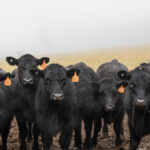
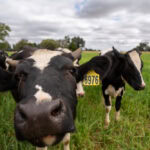


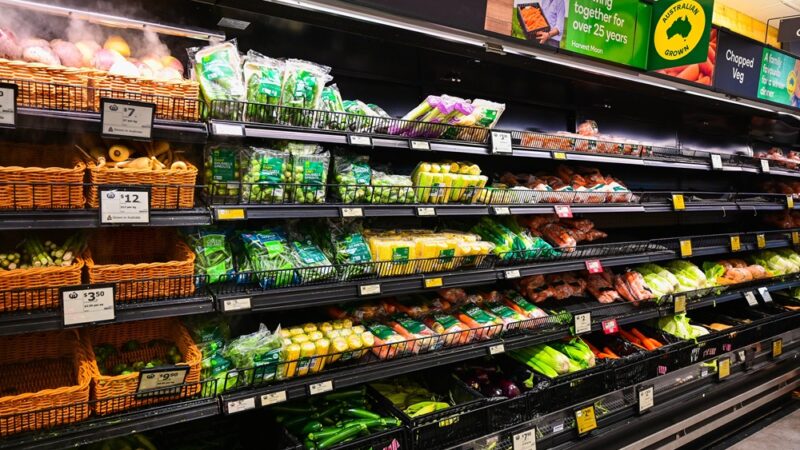

I own a wine bar in Hervey Bay. All our wines, gins, vodka, rums etc are Australian. Interested in stocking this gin. Where can I purchase it?
We are also trying to grow Juniper Berries on our farm in Ballandean and I would love to get in touch with Lucy Vincent and hear about the Aussie Juniper Group. Could you plea advise how I might do this?
Thanks